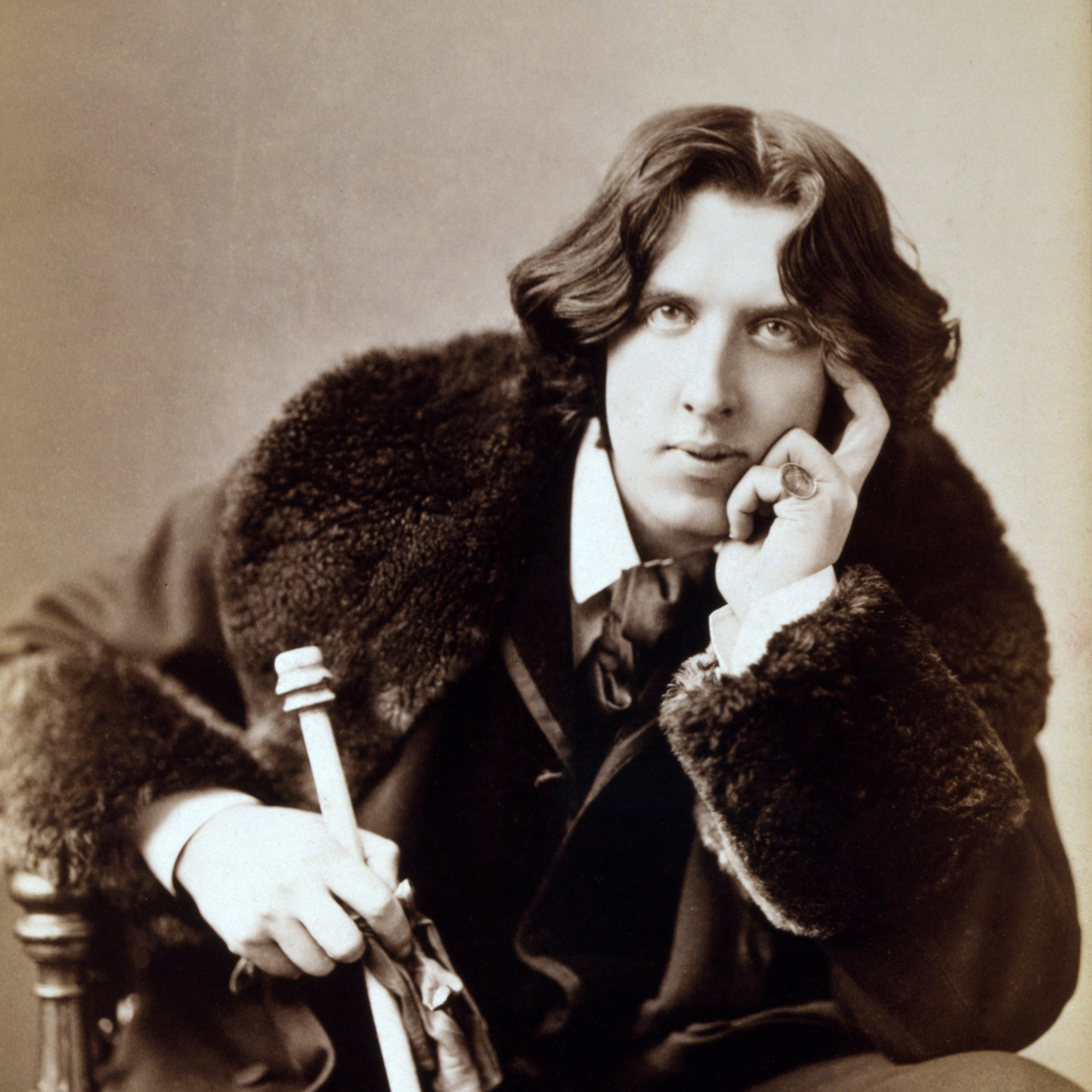Not that I love thy children, whose dull eyes
See nothing save their own unlovely woe,
Whose minds know nothing, nothing care to know,—
But that the roar of thy Democracies,
Thy reigns of Terror, thy great Anarchies,
Mirror my wildest passions like the sea,—
And give my rage a brother——! Liberty!
For this sake only do thy dissonant cries
Delight my discreet soul, else might all kings
By bloody knout or treacherous cannonades
Rob nations of their rights inviolate
And I remain unmoved—and yet, and yet,
These Christs that die upon the barricades,
God knows it I am with them, in some things.
Published:
1881
Length:
Regular
Literary Movements:
Aestheticism
Romanticism
Anthology Years:
2023
Themes:
Strength & Resilience
Literary Devices:
Apostrophe
an exclamatory passage in a speech or poem addressed to a person (typically one who is dead or absent) or thing (typically one that is personified)
Caesura
a break between words within a metrical foot
Enjambment
a line break interrupting the middle of a phrase which continues on to the next line
Metaphor
a comparison between two unrelated things through a shared characteristic
Simile
a comparison between two unlike things using the words “like” or “as”
Sonnet
A poem with fourteen lines that traditionally uses a fixed rhyme scheme and meter.

